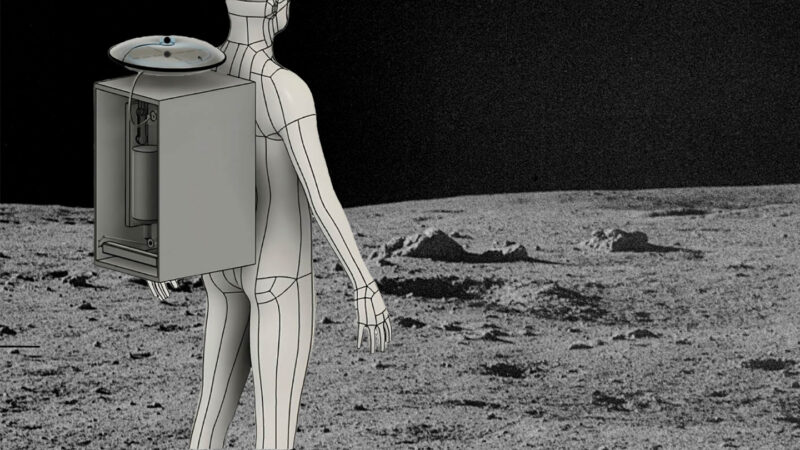
arid: A description of dry areas of the world, where the climate brings toolittle rainfall or other precipitation to support much plant growth.
astronaut: Someone trained to travel into space for research and exploration.
atom: The basic unit of a chemical element. Atoms are made up of a dense nucleus that contains positively charged protons and uncharged neutrons. The nucleus is orbited by a cloud of negatively charged electrons.
battery: A device that can convert chemical energy into electrical energy.
colleague: Someone who works with another; a co-worker or team member.
electrolyte: A non-metallic liquid or solid that conducts ions — electrically charged atoms or molecules — to carry electrical charges. (Certain minerals in blood or other bodily fluids can serve as the ions that move to carry a charge.) Electrolytes also can serve as the ions that move positive charges within a battery or capacitor. (in health) Chemicals dissolved in water throughout the body, which develop an electrical charge (positive or negative) once dissolved. They help regulate chemical reactions in the body, including the balance of fluids in and outside of all cells.
filter: (n.) Something that allows some materials to pass through but not others, based on their size or some other feature. (v.) The process of screening some things out on the basis of traits such as size, density, electric charge.
filtration: The process of using a fabric, screen or some other type of material — known as filters — to prevent something from moving through. Drapes can limit the filtration of sunlight into a room. A wire mesh can filter large particles from water or the air. Sand or soils can provide filtration to keep some waterborne chemicals or germs from reaching groundwater.
forest: An area of land covered mostly with trees and other woody plants.
function: The specific role some structure or device plays. (in math) A relationship between two or more variables in which one variable (the dependent one) is exactly determined by the value of the other variables.
infection: A disease that can spread from one organism to another. It’s usually caused by some type of microbe.
lunar: Of or relating to Earth’s moon.
Mars: The fourth planet from the sun, just one planet out from Earth. Like Earth, it has seasons and moisture. But its diameter is only about half as big as Earth’s.
moisture: Small amounts of water present in the air, as vapor. It can also be present as a liquid, such as water droplets condensed on the inside of a window, or dampness present in clothing or soil.
molecule: An electrically neutral group of atoms that represents the smallest possible amount of a chemical compound. Molecules can be made of single types of atoms or of different types. For example, the oxygen in the air is made of two oxygen atoms (O2), but water is made of two hydrogen atoms and one oxygen atom (H2O).
moon: The natural satellite of any planet.
planet: A large celestial object that orbits a star but unlike a star does not generate any visible light.
policy: A plan, stated guidelines or agreed-upon rules of action to apply in certain specific circumstances. For instance, a school could have a policy on when to permit snow days or how many excused absences it would allow a student in a given year.
prototype: A first or early model of some device, system or product that still needs to be perfected.
recycle: To find new uses for something — or parts of something — that might otherwise be discarded, or treated as waste.
salt: A compound made by combining an acid with a base (in a reaction that also creates water). The ocean contains many different salts — collectively called “sea salt.” Common table salt is a made of sodium and chlorine.
sensor: A device that picks up information on physical or chemical conditions — such as temperature, barometric pressure, salinity, humidity, pH, light intensity or radiation — and stores or broadcasts that information. Scientists and engineers often rely on sensors to inform them of conditions that may change over time or that exist far from where a researcher can measure them directly. (in biology) The structure that an organism uses to sense attributes of its environment, such as heat, winds, chemicals, moisture, trauma or an attack by predators.
system: A network of parts that together work to achieve some function. For instance, the blood, vessels and heart are primary components of the human body’s circulatory system. Similarly, trains, platforms, tracks, roadway signals and overpasses are among the potential components of a nation’s railway system. System can even be applied to the processes or ideas that are part of some method or ordered set of procedures for getting a task done.
technology: The application of scientific knowledge for practical purposes, especially in industry — or the devices, processes and systems that result from those efforts.
